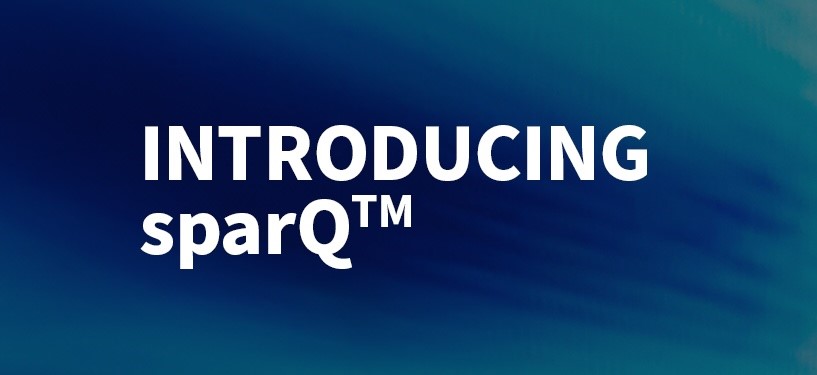Over the last couple of years, talent professionals and job seekers have seen unprecedented ups and downs in the job market. From the shuttering of businesses to job seekers controlling the labor market’s reigns, it’s still a hot job market as we look towards the latter part of 2022.
However, with higher interest rates and continued inflation concerns, the hot labor market may be showing signs of weakness. As the increasing interest rates and talks of a looming recession damper companies’ hiring needs, more employers are slowing hiring while others are rescinding job offers just days before new employees start work.
According to the Wall Street Journal, large corporations such as Twitter, Coinbase, and Redfin have rescinded job offers to applicants they were courting just mere weeks ago. Companies in other industries are also rescinding job offers, including those in recruiting, consulting, insurance, and retail marketing.
It may seem like rescinding a job offer as the economy sharply pivots qualifies as a sound business decision. However, as we know, an ounce of prevention is worth a pound of cure.
So, how can talent professionals prevent the need to rescind a job offer in today’s hot labor market? Keep reading to learn three ways to prevent the need to rescind a job offer.
1. Avoiding Background Check Mistakes
Background checks have long been common in the hiring process. But, they’re more complicated than some employers may realize. By having a background policy in place, following federal and state laws, and relying on a sound background verification vendor, employers can avoid many common mistakes, potentially resulting in a mistaken job offer rescission.
Here are some best practices to keep in mind when performing background checks on potential employees:
- Get consent for the background check from the job candidate, as required by federal law.
- Only request a credit score search if knowing the score would indicate whether the employee can perform the job’s functions.
- Do not request medical records, as the Americans with Disabilities Act states explicitly that medical history should not affect hiring decisions.
- Don’t undertake an informal background search yourself, such as perusing a job candidate’s social media accounts. Doing so can open up unconscious bias or discrimination by learning a person’s age, ethnicity, religion, or sexual orientation, among other traits.
2. Encourage Open Communication About Non-Compete Agreements
Perhaps as a hiring professional, you’ve encountered the following situation. You find the “perfect” candidate. They have the right skills. They fit into the organization’s culture. And they can be hired within budget.
And then you discover that this “perfect” candidate is legally barred from working for you as they are under an active non-compete agreement. As such, you have no choice but to rescind the job offer.
Heart-breaking.
So, how do you proactively find out if a non-compete agreement comes into play before making an offer? Create a recruiting atmosphere where job candidates are comfortable talking to you about any potential issues that can impact their potential employment.
In a trusting, safe recruiting process, candidates will feel more comfortable addressing potential conflicts with you, allowing you and your team to properly evaluate the conflict or non-compete agreement, weighing its impact on future employment.
3. Falsification of Resume or Application
When a job candidate falsifies or misrepresents skills or experience on a resume or job application, the employer must often rescind a job offer. However, by incorporating pre-hire skills assessments, you could get in front of this issue before an offer is extended.
For example, use a pre-hire assessment at the top of the funnel. Then, you can let your assessment do the heavy lifting early in the process by identifying high-potential candidates with the right hard and soft skills for the advertised position instead of being disappointed after an offer is extended.
In addition to helping you proactively find top candidates with the right skills, pre-hire assessments boost your hiring equity by objectively screening candidates. Increased hiring equity means increased diversity as well as expanded talent pools.
And by doing the heavy lifting early in the hiring process, talent professionals can save valuable time and effort in finding the right candidate – with the right skills – curbing any need for rescinding a job offer.
___
This post was originally published on the Cangrade blog.




